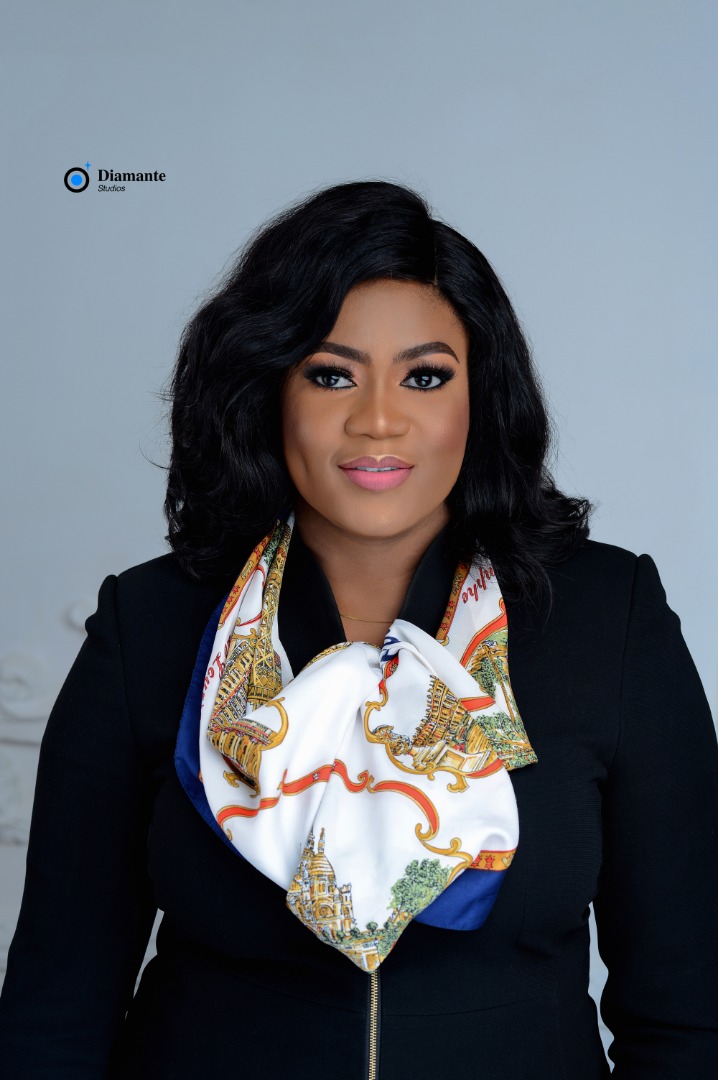Plaintiff’s Counsel representing a party in a suit, for example, No.01/191/19 later turns
around to represent the opposing Counsel in the same suit has undoubtedly violated Part B, Rule 17 (4) of the Rules of Professional Conduct for Legal Practitioners 2007 and is guilty of misconduct.
In Ude v. Nwangwu (1995) 8 NWLR (Pt. 416) 644 at 651 at 652-653, Paras. H-D, the Supreme Court, Per Ogwuebu, J.S.C held;
I had a preview of the judgment just delivered by my learned brother, Ogundare, J.S.C. I agree with him that the appeal is without merit. The appellants are contending in their first-issue for determination that the action was not properly constituted because they cannot be plaintiffs and the defendants in the same suit. The plaintiffs/appellants instituted the action – Suit No. E/l76/78) in the Enugu Judicial Division of the High Court of the then Anambra State claiming various reliefs. George Ono Ude and Christian Ude were shown at page 5 of the record as suing “For themselves and on behalf of the Ude Ono Family of Okwojo Ngwo of Udi Local Government Area.”
John Nwangwu and 15 others were also shown to be sued “For themselves and on behalf of Okwojo Ngwo people of Udi Local Government Area.”
It is therefore clear that the plaintiffs/appellants sued the defendants/ respondents in a representative capacity. Paragraphs 1 and 2 of the amended statement of claim confirm the capacities in which the action was instituted. Having been sued for and on behalf of Okwojo Ngwo people, the defendants/appellants on record pursuant to Order. IV rule 3 of the High Court Rules, Cap. 61, Laws of the former Eastern Nigeria, obtained the leave of the court for Okwojo Community to defend the case in a representative capacity. The parties and the court were not in any doubt as to who were the plaintiffs and the defendants in the suit.
There is no principle by which a man can be at the same time plaintiff and defendant. See: Ellis v. Keir (1910)1 Ch. 529. There is also no such situation in the present proceedings. The plaintiffs/appellants by their own volition excluded themselves from Okwojo Ngwo Community being represented by the defendants. They cannot turn around to say that they are plaintiffs and defendants at the same time and in the same suit.
Likewise, once it is conceded or established that the subject matter of a suit in which the Plaintiff’s Counsel herein the defendant’s Counsel is the same as the one in the suit No.01/191/19, in which Appellant was the Plaintiff, then all other things become immaterial. It makes no difference that the Defendants in suit No.01/191/19 have now gone to incorporate themselves into a limited liability company.
The Court of Appeal in Onyeke v. Harriclem (Nig) Ltd. (1998) 7 NWLR (Pt. 556) 64 at 72 Paras, C-E Per Akpabio, J.C.A held;
Before concluding, I must add by way of emphasis that what is being frowned upon by the court is the idea of a counsel appearing for one party, say the plaintiff, at the early stages of a transaction and then turning round at a later stage of the same transaction to appear or act for his opponent. But where the transactions are different, the court will not restrain a counsel from changing sides. For instance, in the case of Lagricom Co. Ltd v. U.B.N Ltd. (1996) 4 NWLR (Pt.441) 185 C.A. Chief Rotimi Williams was the counsel for U.B.N. Ltd. as defendant.
But in another case, i.e., Union Bank of Nigeria Plc v. Sparkling Breweries Ltd. (1997) 3 NWLR (Pt.491) 29 CA, the same Chief Rotimi Williams’ Chambers (ably represented by Ifeanyi Nweze), turned round to represent Sparkling Breweries against the Ughelli Branch of the same bank, U.B.N. Plc. The court could not restrain Chief Williams or his chambers from acting against Union Bank in the later case simply because he had acted for the said Bank in the earlier case, because the transactions were different and involved different sums of money at different branches of the bank in different towns.
Thus, loyalty to a current client prohibits undertaking representation directly adverse to that client without that client’s informed consent.
LEGAL TIPS is anchored by Ms CIA Ofoegbunam, an Abuja-based lawyer who is passionate about legal practice. LEGAL TIPS offers quick hints on substantive law, as well as rules of practice and procedure, and serves as a handy reference guide to lawyers, especially in court. Published on a weekly basis, the LEGAL TIPS Series is CIA’s modest contribution to legal development in Nigeria.



